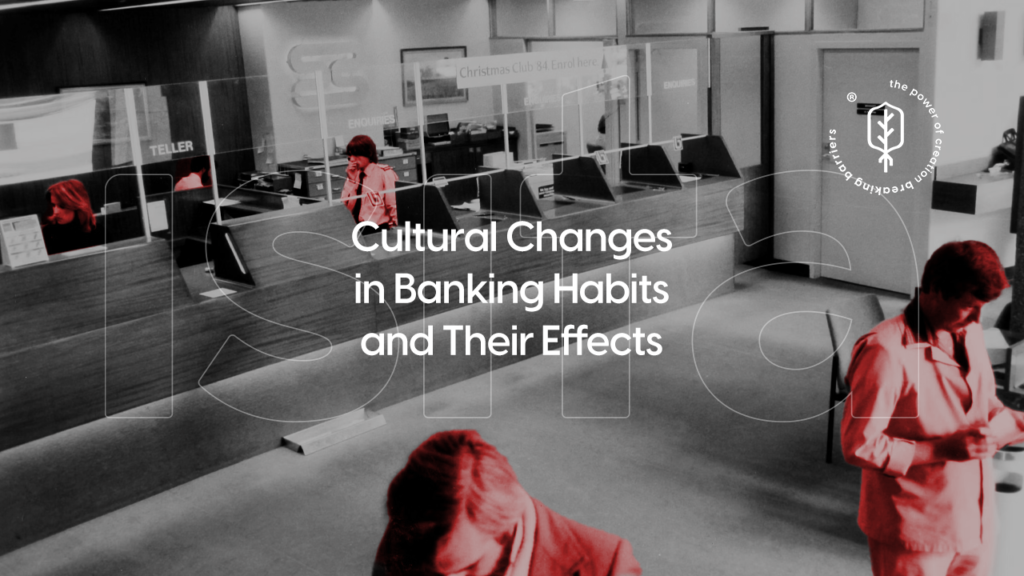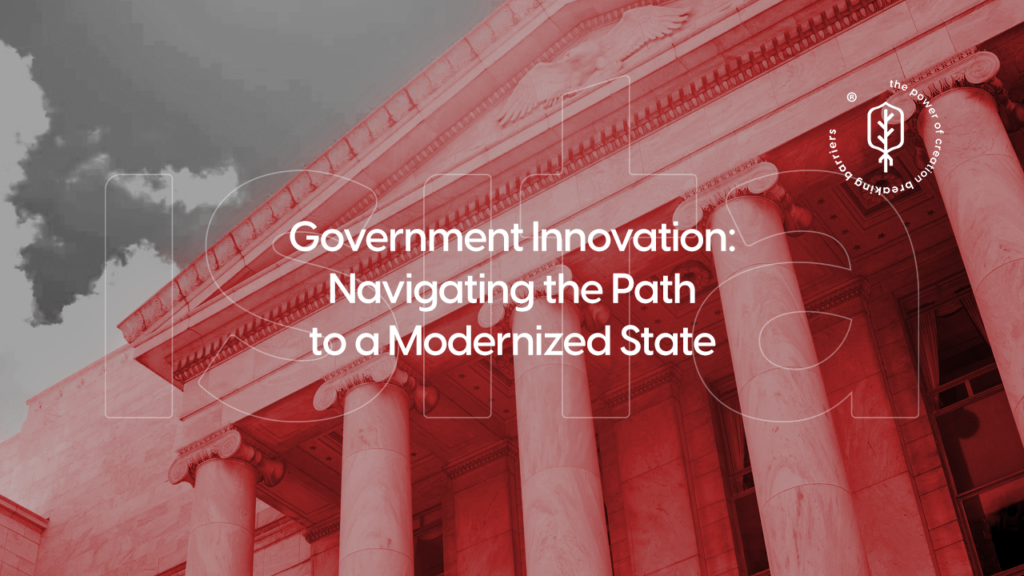The world of banking is undergoing a cultural shift driven by changing habits and preferences, especially among newer generations. The rise of remote banking, where individuals handle their financial affairs online, is a prominent example of this transformation. In this blog, we will explore the cultural changes in banking habits and their profound effects on both customers and financial institutions.
1. The Shift to Remote Banking
One of the most notable cultural changes in banking habits is the shift toward remote banking. With the advent of smartphones, mobile apps, and online banking platforms, people are increasingly comfortable managing their finances from the comfort of their homes. This shift is not limited to younger generations but is becoming a norm across all age groups.
Effects:
- Reduced Foot Traffic: Traditional brick-and-mortar bank branches are experiencing decreased foot traffic as more customers choose to bank remotely. This has led to a reassessment of the role and number of physical branches.
- Cost Savings: Banks are benefiting from cost savings as they require fewer physical locations and staff to maintain them. This allows for investments in technology and improved digital services.
- 24/7 Accessibility: Customers can access their accounts and conduct transactions at any time, leading to enhanced convenience and flexibility.
2. Changing Customer Expectations
As remote banking becomes the norm, customer expectations are evolving. People now demand seamless, user-friendly, and secure digital banking experiences. They expect quick and easy access to their accounts, as well as the ability to perform a wide range of transactions online.
Effects:
- Digital Transformation: Banks are investing heavily in digital transformation to meet these expectations. This includes developing user-friendly mobile apps, improving website interfaces, and enhancing cybersecurity measures.
- Personalized Services: Customers expect personalized recommendations and services based on their transaction history and financial behaviors. Banks are turning to AI and data analytics to provide tailored solutions.
3. Increased Emphasis on Financial Literacy
With the convenience of remote banking comes the need for increased financial literacy. Customers must understand how to navigate digital platforms, make informed financial decisions, and protect their accounts from online threats.
Effects:
- Educational Resources: Banks are providing more educational resources, tutorials, and customer support to help users become more financially literate and use digital banking tools effectively.
- Security Measures: Due to the rise in online threats, banks are continually updating their security measures and educating customers about safe online practices.
4. Shift in Customer-Bank Relationships
The traditional, in-person relationship between customers and bankers is evolving into a more digital and automated interaction. While some may miss the personal touch, others appreciate the efficiency and speed of digital interactions.
Effects:
- Virtual Customer Support: Banks are increasingly using chatbots and virtual assistants to handle customer inquiries and provide support, leading to quicker response times.
- Data-Driven Insights: Banks are using customer data to offer personalized financial advice and product recommendations, even in the absence of a human advisor.
Cultural changes in banking habits, particularly the shift toward remote banking, are reshaping the financial landscape. While these changes bring challenges and opportunities for both customers and banks, they are ultimately driven by the desire for greater convenience, efficiency, and flexibility in managing finances. As technology continues to advance and customer expectations evolve, it’s essential for banks to adapt and provide innovative digital solutions while also addressing the educational and security needs of their customers. This cultural shift is not merely a trend; it represents the future of banking.
At Isita we can help you with this and other technology and innovation issues. Let’s talk!



